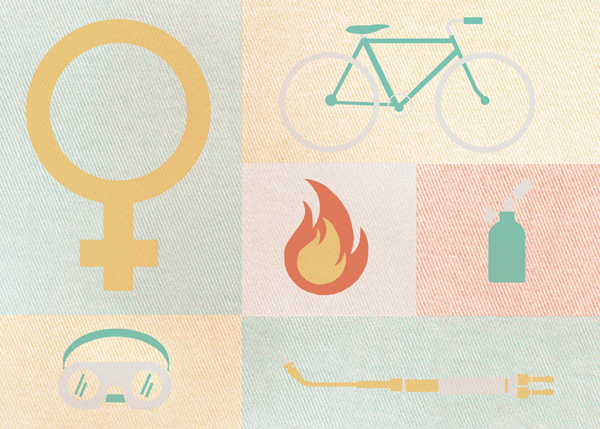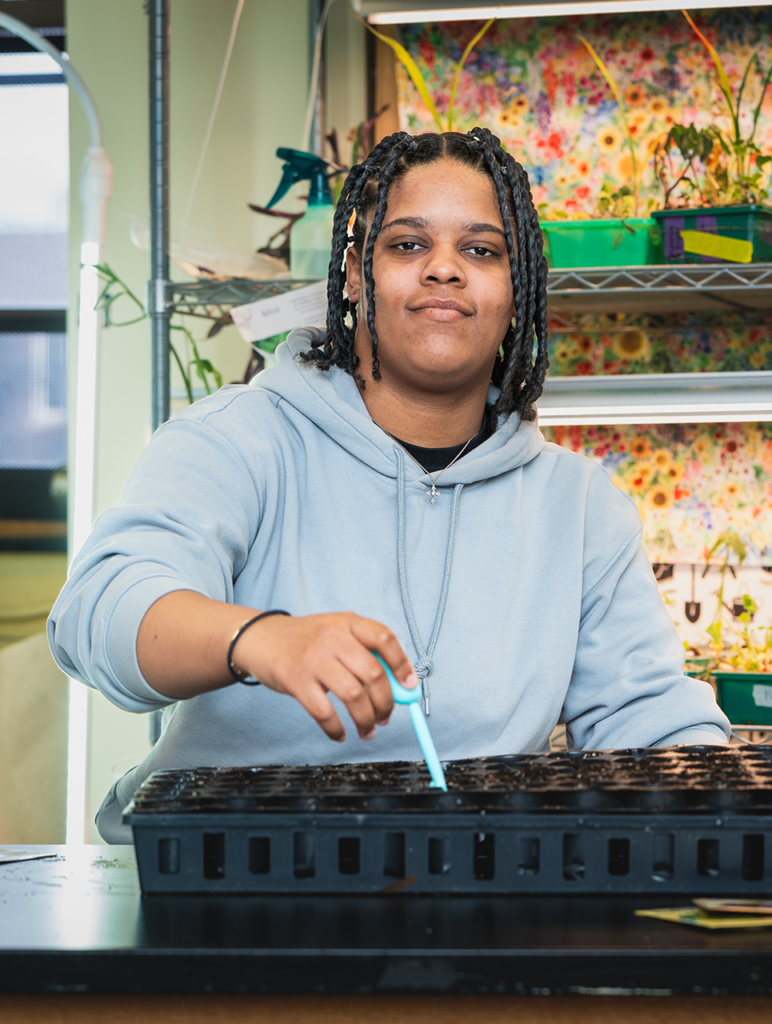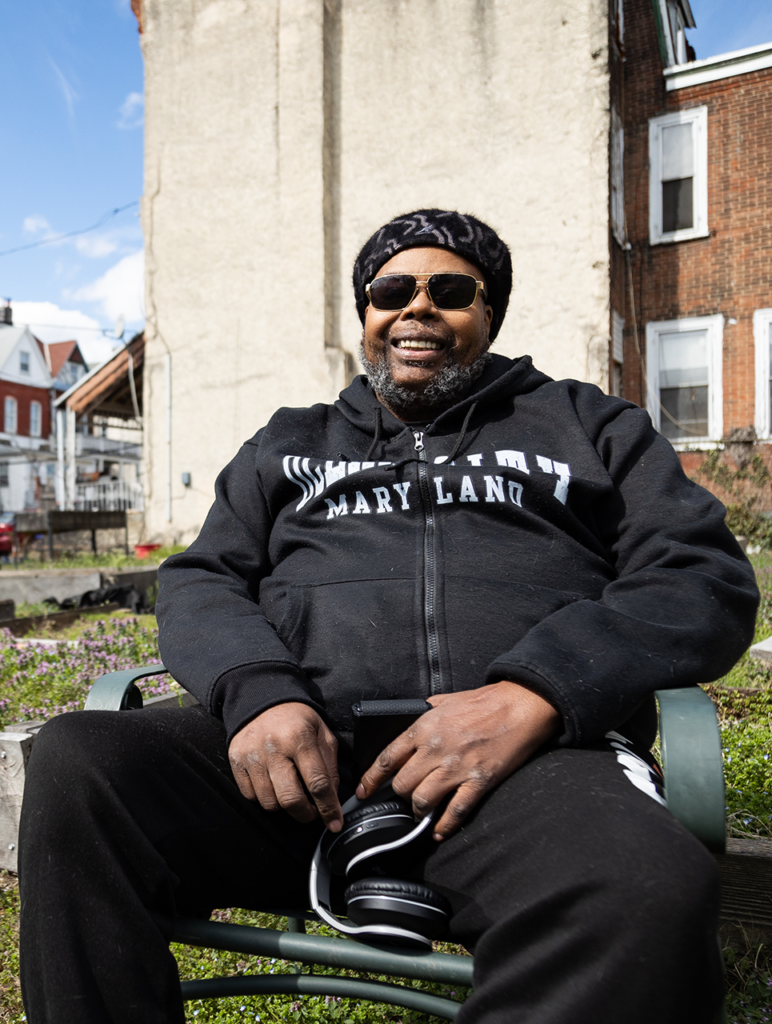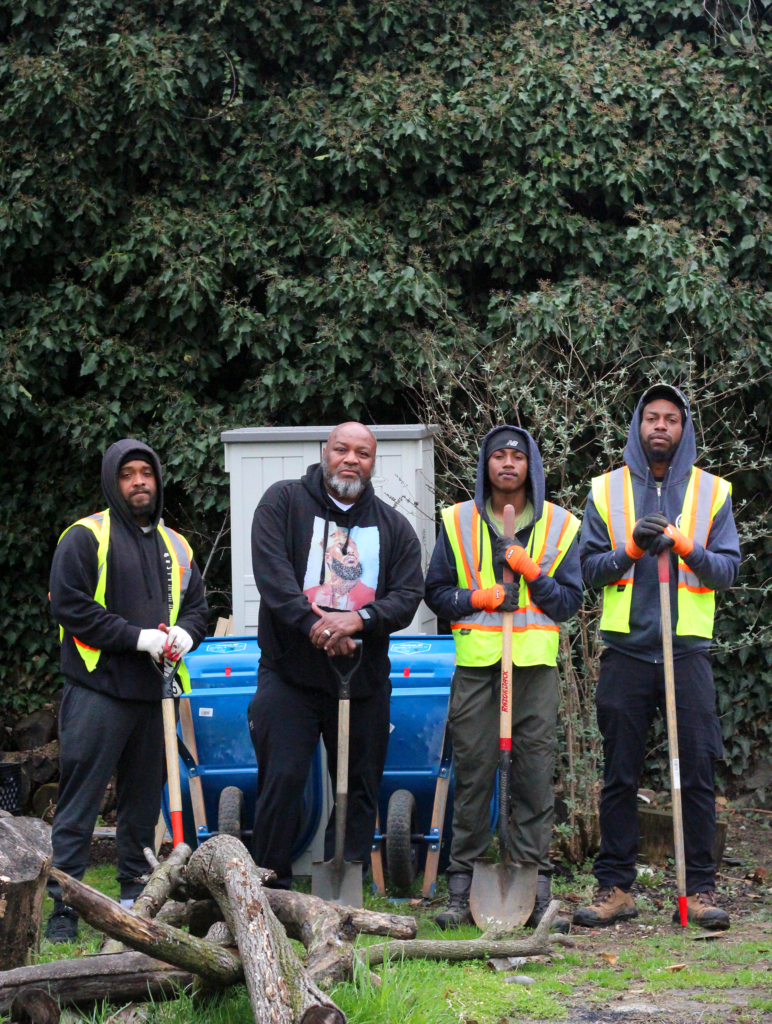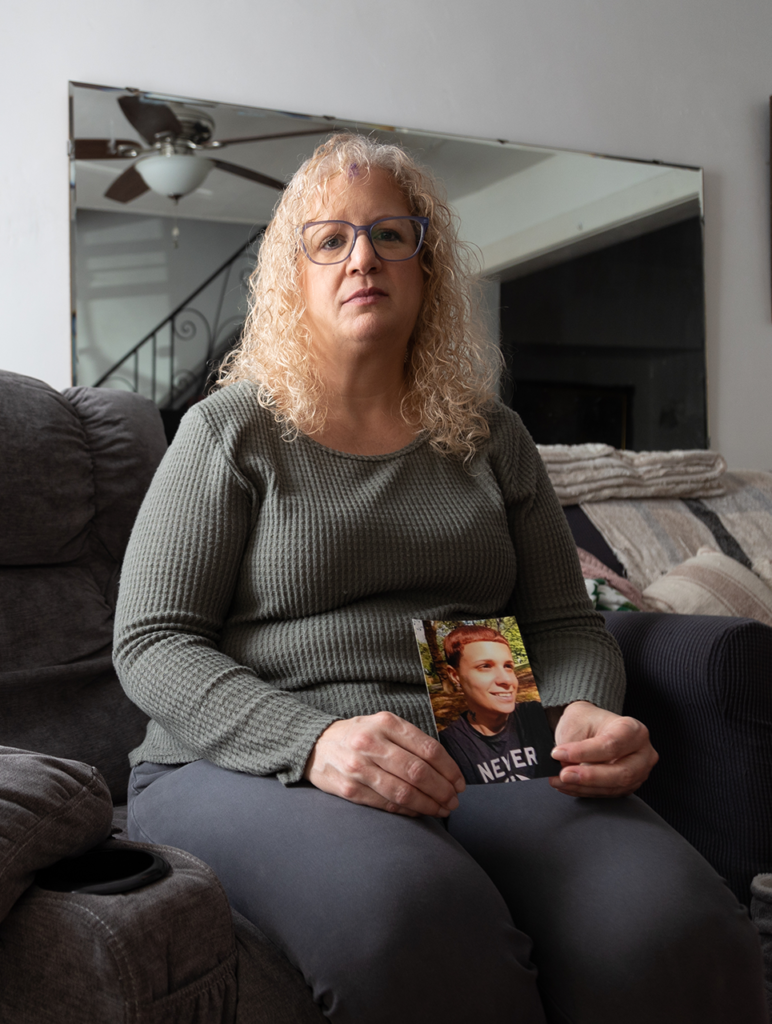Illustration by Kathleen White
Femme Framebuilders
by Hannah Waters
Los Angeles is not known for being bike-friendly. To the transportation- conscious, its wide looping highways, traffic jams and car culture define the city even more than its celebrities or bustling art scene. Regardless, L.A. is where Megan Dean fell in love with bikes. A short six months after moving to the city in 2005, she sold her car and never looked back. “It was a whole other version of the city, to get out of a car and onto a bike,” she says. “It opened up a whole new world of freedom.”
So, when an eagerly anticipated bike trip conflicted with work, her choice was clear: quit her day job as a storefront designer for Urban Outfitters and dedicate herself to bikes. Dean had always been crafty, with experience in woodworking, setting tile, painting and photography—“there are lots of dying arts in my past,” she jokes—and so building custom bike frames was a natural move. After studying with a master framebuilder, she opened her Las Vegas-based shop Moth Attack in 2009.
Luckily for Dean, framebuilding doesn’t seem to be a dying art. Although large commercial manufacturers still dominate the U.S. bicycle industry, there is a growing demand for handcrafted bikes that are made especially for the buyer.
data-animation-override>
“The number of U.S. framebuilders has increased fourfold in the last couple of years, from less than 50 working in 2010 to more than 200 today, estimates Stephen Bilenky, founder of Philadelphia custom shop Bilenky Cycle Works.”
People from around the country, including from Philadelphia, order custom bike frames because “they want something that fits them specifically, and they like the idea that they know where it comes from,” says framebuilder Lauren Trout, who founded her Austin, Texas shop Saila Bicycles in 2013. “They like knowing that it’s something specific for them made by a real person that they can communicate with, as opposed to coming off a ship that comes from China with thousands of bikes made in some factory by someone they don’t know.”
Building a frame starts with a conversation. Trout talks to the customer about what kind of bike they want and what they want to do with it, and then takes measurements and comes up with a design. After ordering the parts—metal tubes of different widths, mainly—she cuts them, lines them up and welds them together, before doing some alignment checks and putting on the finishing touches. “Welding is my favorite part,” she says. “I like the process of getting metal hot and sticking it together. There’s something meditative about it.” It takes her anywhere between 24-30 hours of work to build a single frame, and she estimates she’s built 60 bikes on her own from start to finish.
While many customers invest in a custom frame for the feel and aesthetics, others have a greater need: they can’t find an off-the-shelf frame that fits. Sometimes it’s due to an injury, or they are very tall or very short—or because the industry doesn’t have great options for women. Off-the-shelf women’s bikes are made with little consideration given to women’s proportions, are “usually just like a dude’s bike with different paint thrown on it,” Dean says. Furthermore, few bike shops cater to women by stocking a range of sizes. By ordering a custom frame, a female cyclist can get a bike built to her body that will be more fun to ride and strain her body less.
Dean says that she has more female customers than the male framebuilders she knows, possibly because women trust her to get the fit right. But there aren’t many femme framebuilders for female cyclists to choose from.
data-animation-override>
“Bilenky estimates that no more than 15 female framebuilders work in North America, and that’s rounding up. Dean adds that “a lot of women who are working at other companies aren’t noted because it’s not their name on the bike.” ”
Being in the minority doesn’t bother Dean or Trout, who will share a booth at the Philly Bike Expo in November. Like most of the bike industry, the Expo will be a “dude party,” says Trout, and she expects the usual comments about her gender—but doesn’t let them define her.
“People don’t see it that often, so they’re kind of like, ‘Oh, badass, a chick making bikes, that’s cool.’ But in the same sentence I’ll say that I don’t want someone to like my bike that I make because they know I’m a girl building it,” she says. “I put my heart into my work and I think you can see it. If you look at something I welded, that’ll show you that I know what I’m doing and that I love what I’m doing, and that’s what I’m giving you.”


